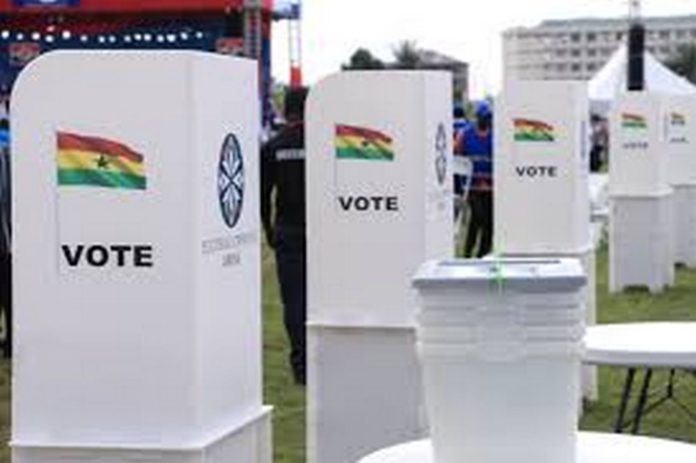A group of civil society organizations (CSOs) have appealed to the government not to shut down internet access under any condition during this year’s election period.
This comes in the wake of some 24 countries who have imposed Internet shutdowns in the past during their election years, which hindered the full enjoyment of a wide range of fundamental rights and freedoms.
The Manager of the KeepItOn campaign, Felicia Anthonio, said this was an unprecedented year for democracy as national elections were expected to take place in at least 64 countries.
With billions of people at risk of shutdowns during election periods, she said the stakes for democracy and human rights this year were higher than ever. She, therefore, urged the government not to disrupt access to the Internet as it violated fundamental human rights.
The workshop
Mrs Antonio made the appeal at a workshop, which was organised by the Media Foundation for West Africa (MFWA) and Access Now, a civil society group, that defends and extends the digital rights of people and communities at risk.
The workshop was part of the KeepItOn campaign, which was launched by Access Now in 2016 to help unite and organise the efforts of activists and organisations across the world to end internet shutdowns.
The one-day workshop which took place in Accra last Monday, is part of activities to promote internet freedom in the country during this year’s election period to ensure fairness, credibility and transparency.
It brought together participants from various civil society organisations in human rights and the media to examine the increasing rate of network shutdowns in Africa and their implications on economic development and human rights.
It empowered the participants to effectively mobilise and tackle threats of Internet shutdown as well as some proactive ways they can engage in to ensure that network shutdowns are mitigated.
Internet shutdown
An internet shutdown is an intentional disruption of internet or electronic communications, rendering them inaccessible or effectively unusable for a specific population or within a location, often to exert control over the flow of information.
Some governments continue to shut down the Internet and critical digital communication platforms during key national events such as elections, mass protest, among others, thus infringing the human rights of people in the process.
Effect of internet shutdown
Mrs Anthonio said those restrictions also affected ordinary lives by preventing people from communicating, hampering businesses and disrupting education and access to online services and opportunities.
She said internet shutdowns were unacceptable and governments should not be imposing them irrespective of the reason. “Internet shutdowns violate fundamental human rights and governments have the duty to protect these rights and so the media needs to re-echo these calls that we are making,” Mrs Anthonio said.
“A lot of governments would shut down internet during election periods with excuses that it is for national security reasons but we need them to stop using that as an excuse and rather look at increasing the access to improve national discourse,” she added.
She also called for election observer groups to include Internet shutdowns as an indicator of free and fair elections. She said that was because limited access to Internet prevented people from actively participating in the election process, thus, making the election unfair.

